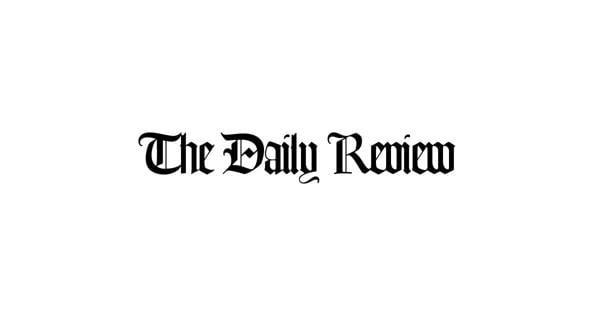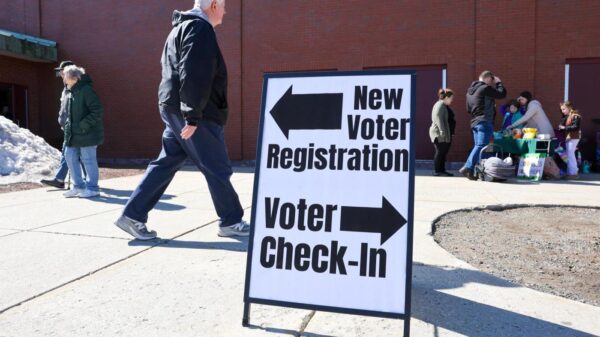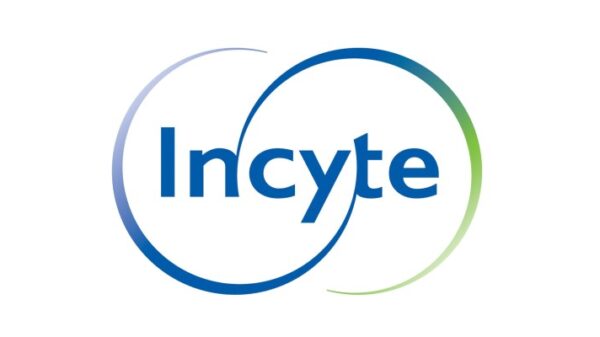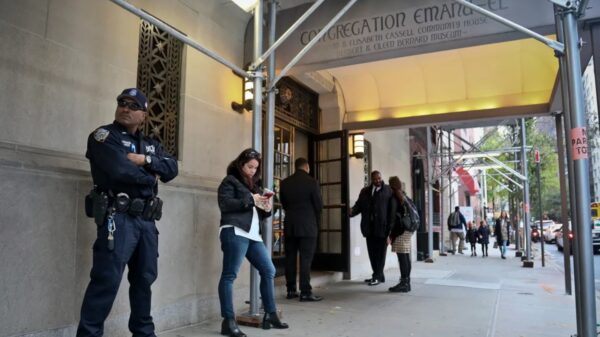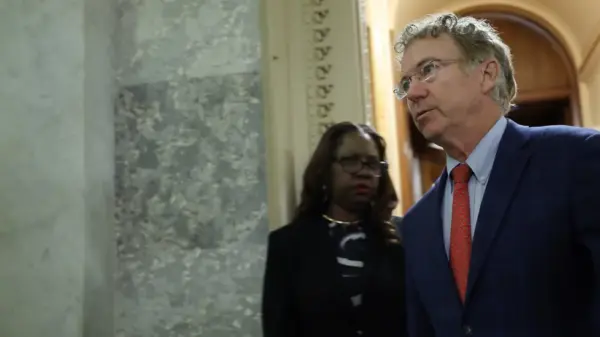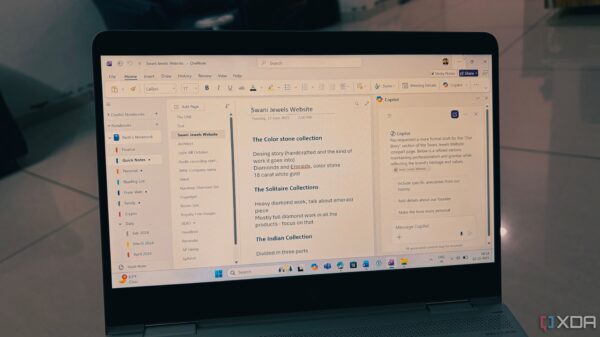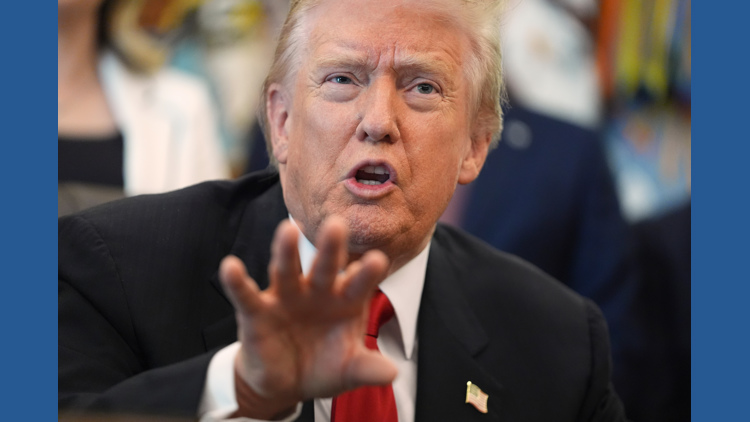President Donald Trump is shifting his messaging strategy to address public concerns regarding the cost of living. This new approach aims to highlight tax breaks and progress in combating inflation. The focus on affordability comes after the recent elections in Virginia and New Jersey, where economic issues emerged as the primary concern for voters, significantly impacting Republican standing.
Trump’s efforts to regain voter confidence follow a notable shift in public sentiment. In the elections, voters expressed overwhelming concern about the economy, which has become a major vulnerability for Trump and the Republican Party. Democrats capitalized on these affordability issues, flipping previously Republican-held governorships and raising alarms about Trump’s economic leadership as the country heads into midterm elections in 2024.
New Strategies to Address Inflation
White House officials, who spoke on the condition of anonymity, emphasized that affordability has always been a priority for the administration. During a recent event in the Oval Office, Trump announced that pharmaceutical companies Eli Lilly and Novo Nordisk will reduce prices on anti-obesity medications. “We are the ones that have done a great job on affordability, not the Democrats,” Trump asserted.
Despite these claims, the inflation outlook remains challenging. As of September, consumer prices rose at an annual rate of 3%, an increase from 2.3%% in April when Trump first introduced substantial tariffs that added uncertainty to the economy. The AP Voter Poll indicated that economic issues dominated the discussions in key states, including New Jersey and Virginia.
Rising grocery prices and escalating electricity bills have further exacerbated public discontent. Job growth has also slowed significantly, dropping by 23% from the previous year. The White House points to record highs in the stock market and foreign investment as signs of economic strength, while Trump underscores dropping gasoline prices. Nevertheless, the American Automobile Association reported the national average for gasoline at $3.08, slightly lower than the previous year.
Challenges in Shifting Public Perception
Critics argue that altering public perception on affordability will be a significant challenge for Trump. Lindsay Owens, executive director of Groundwork Collaborative, believes Trump has “lost his strength” as voters increasingly question his economic leadership. She suggests that the ongoing focus on broad tariffs complicates any efforts to regain public trust.
New policies related to affordability are anticipated, although details remain vague. Trump hinted at forthcoming drug pricing deals, while White House officials mentioned that they would focus on educating taxpayers about the impact of Trump’s income tax cuts. These cuts were integral to the comprehensive tax bill passed in July.
The administration faces the dual challenge of reducing prices while ensuring wage growth, which is essential for restoring public confidence. There is optimism that the economy will improve over the next six months, especially with the anticipated start of consistent interest rate cuts by the Federal Reserve under Chairman Jerome Powell.
Despite the administration’s assertions that tariffs do not contribute to inflation, research from Harvard University indicates otherwise. A paper by economist Alberto Cavallo and colleagues found that inflation would have been significantly lower—around 2.2%%—if not for Trump’s tariffs. The administration continues to argue that tariffs are beneficial, dismissing criticism as partisan rhetoric.
The outcome of Trump’s tariffs is currently under scrutiny by the Supreme Court, where justices appeared skeptical of the administration’s argument that tariffs can be imposed without congressional approval. Trump has previously claimed that foreign countries bear the burden of tariffs, though he moderated this stance slightly in recent comments.
As the political landscape evolves, Trump’s administration is tasked with not only presenting new economic initiatives but also addressing the growing concerns of voters ahead of the midterm elections.



